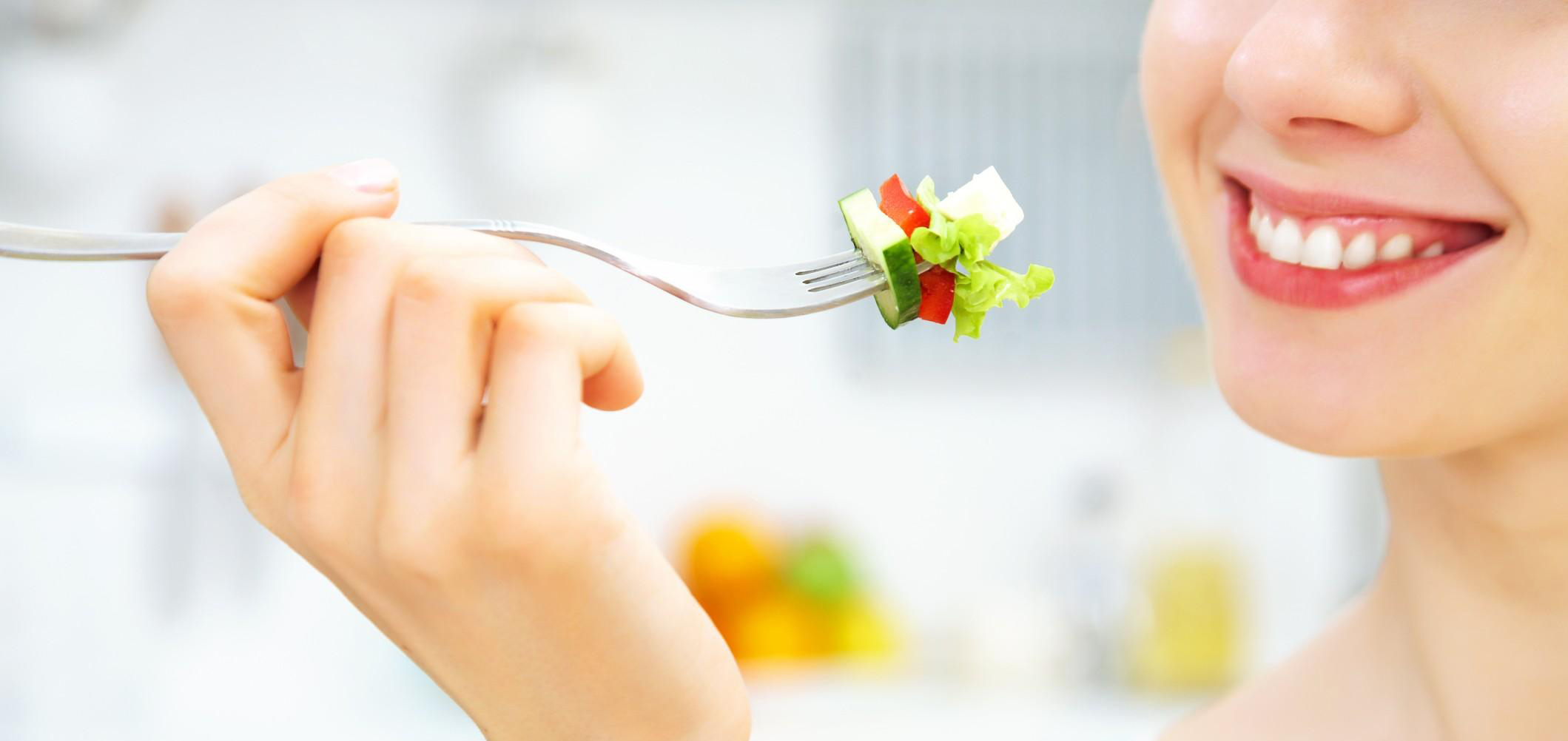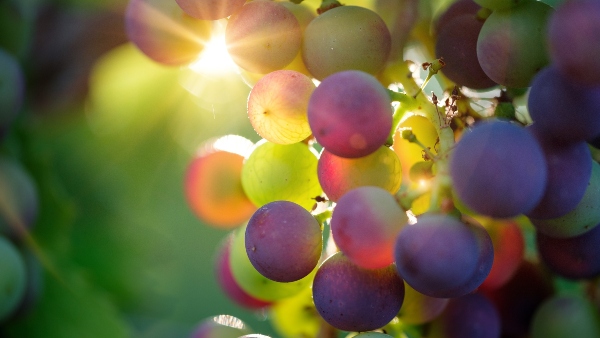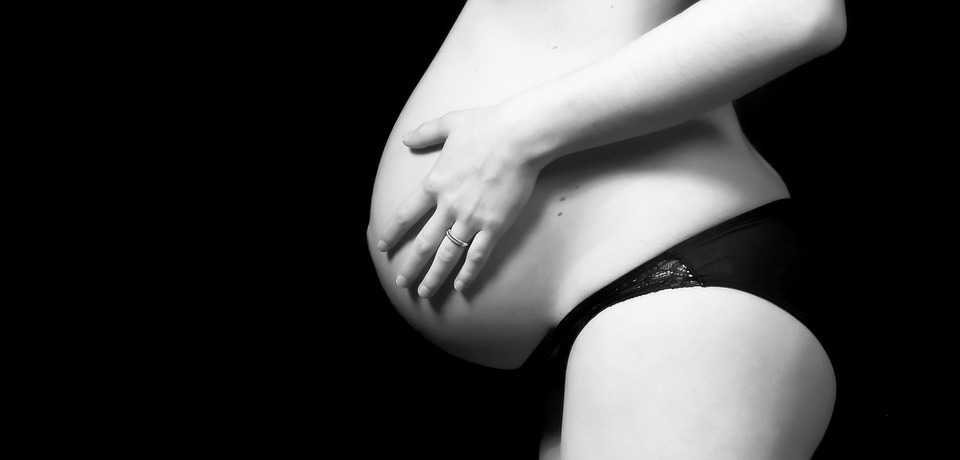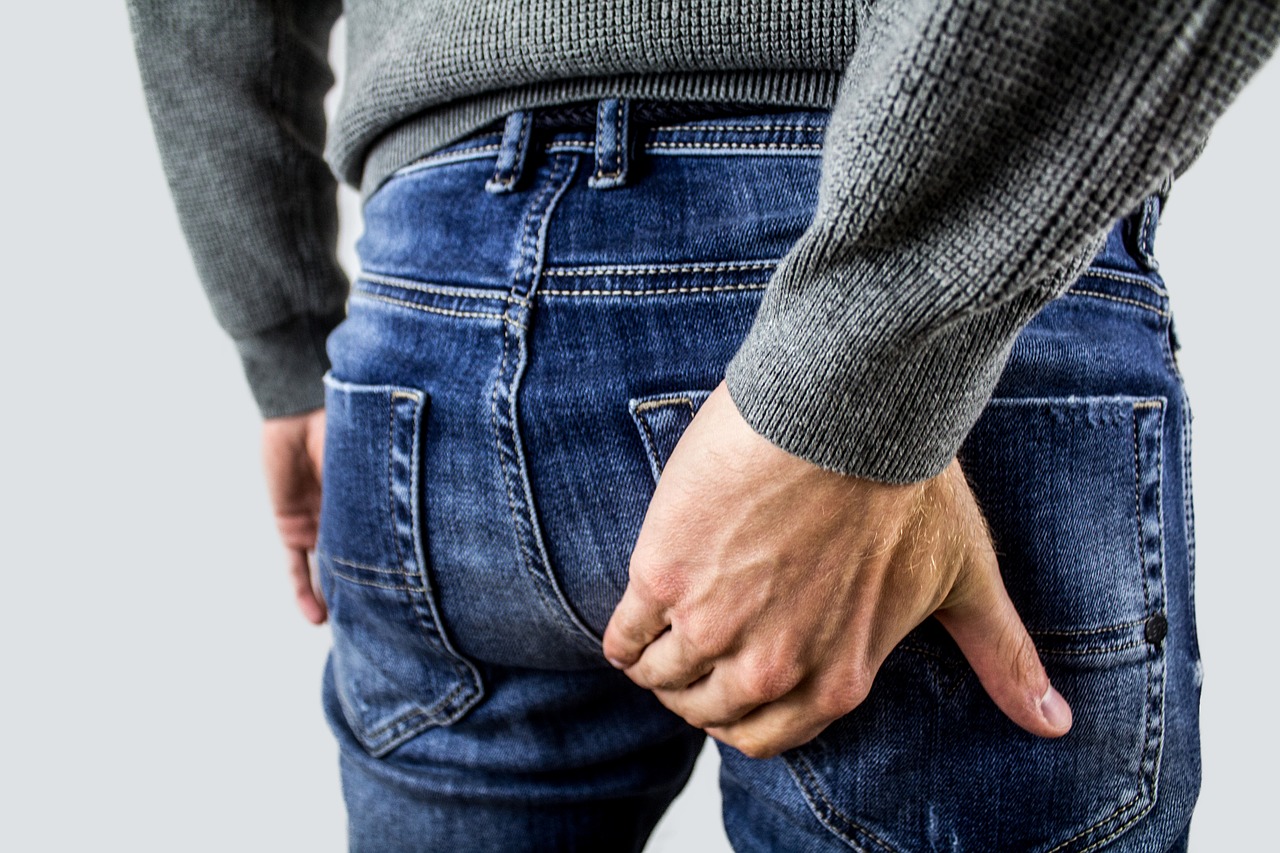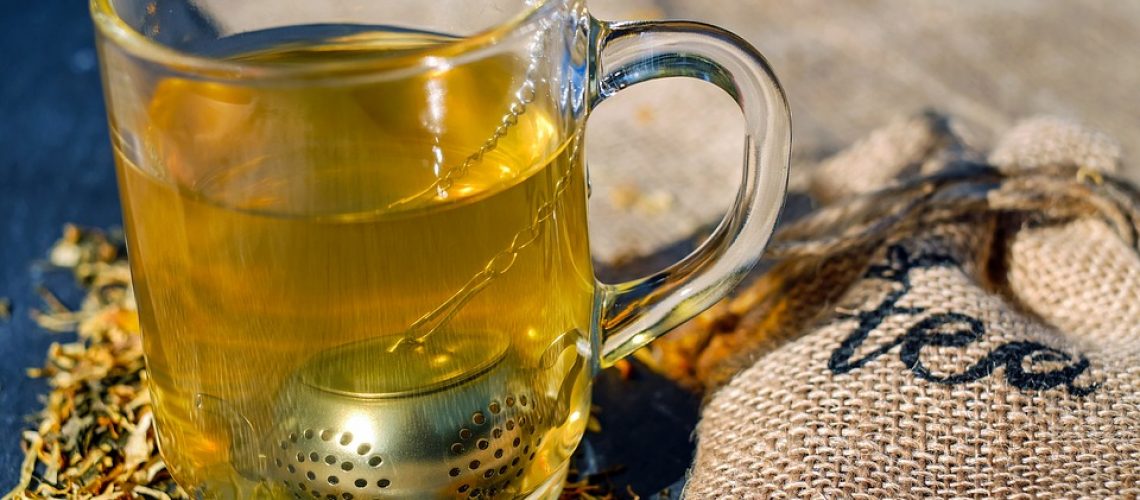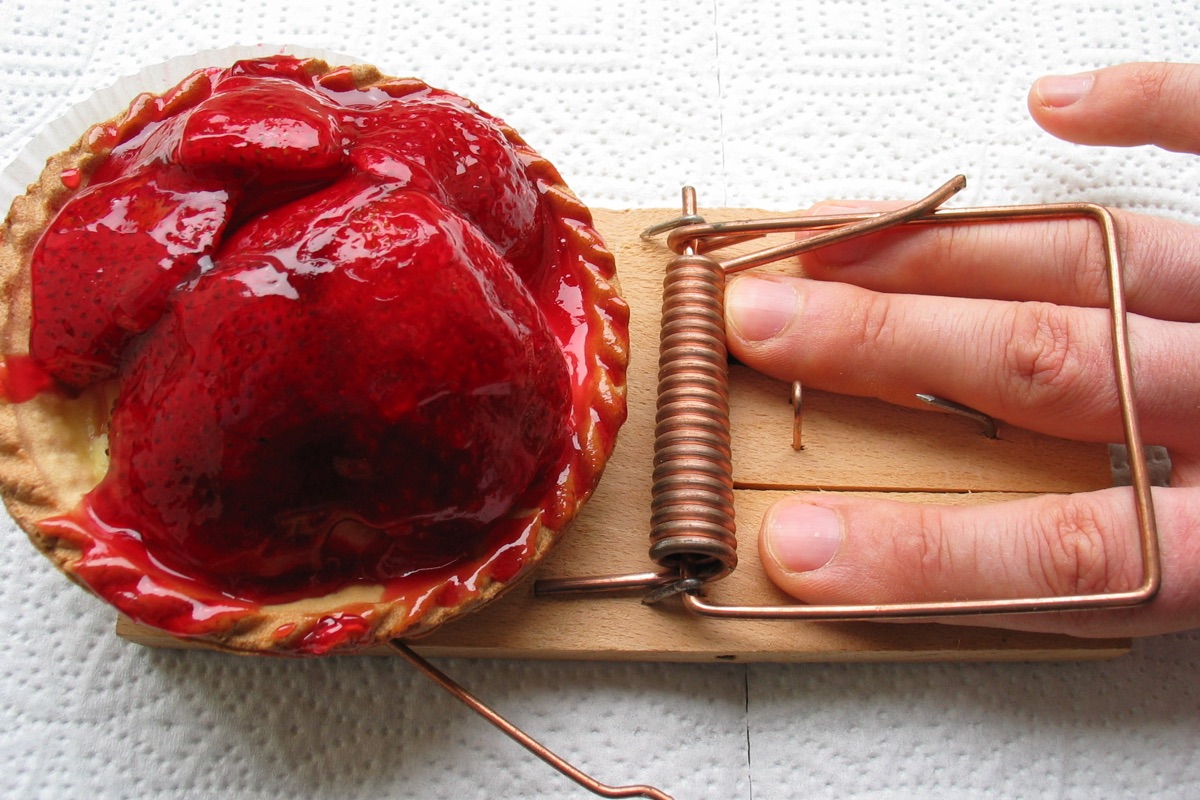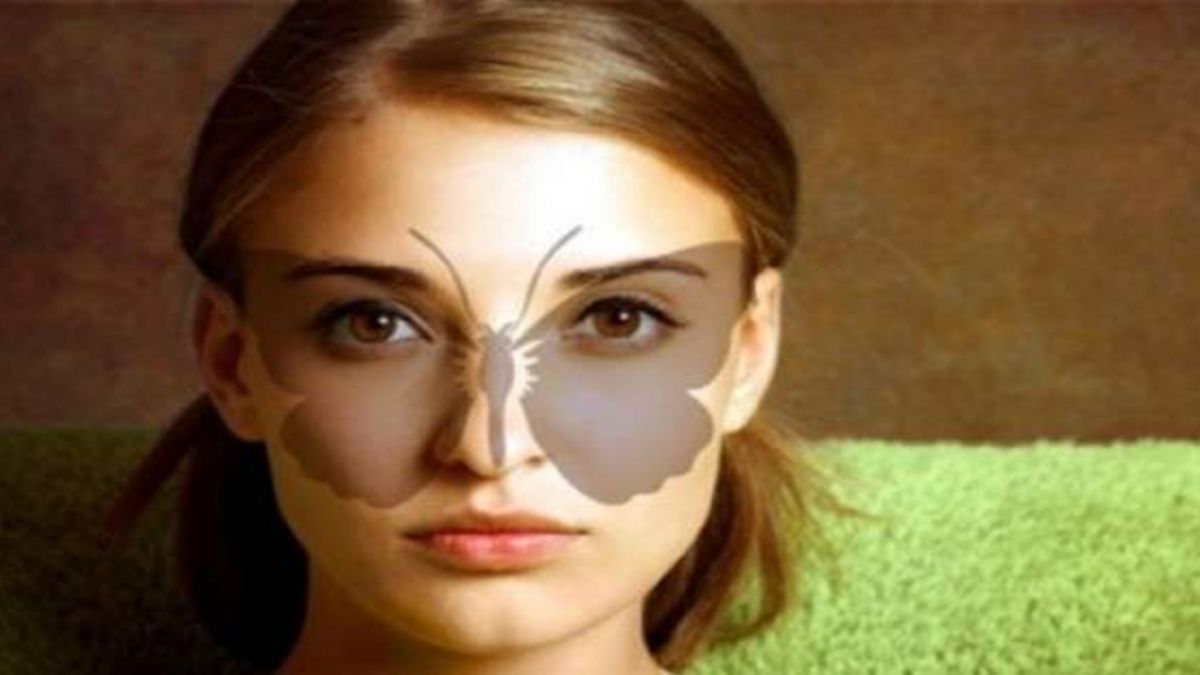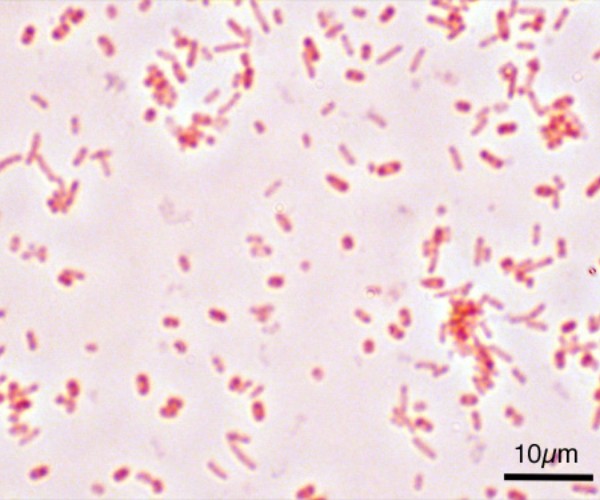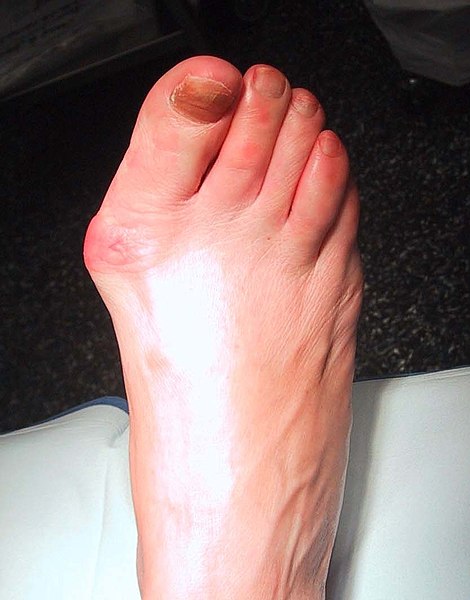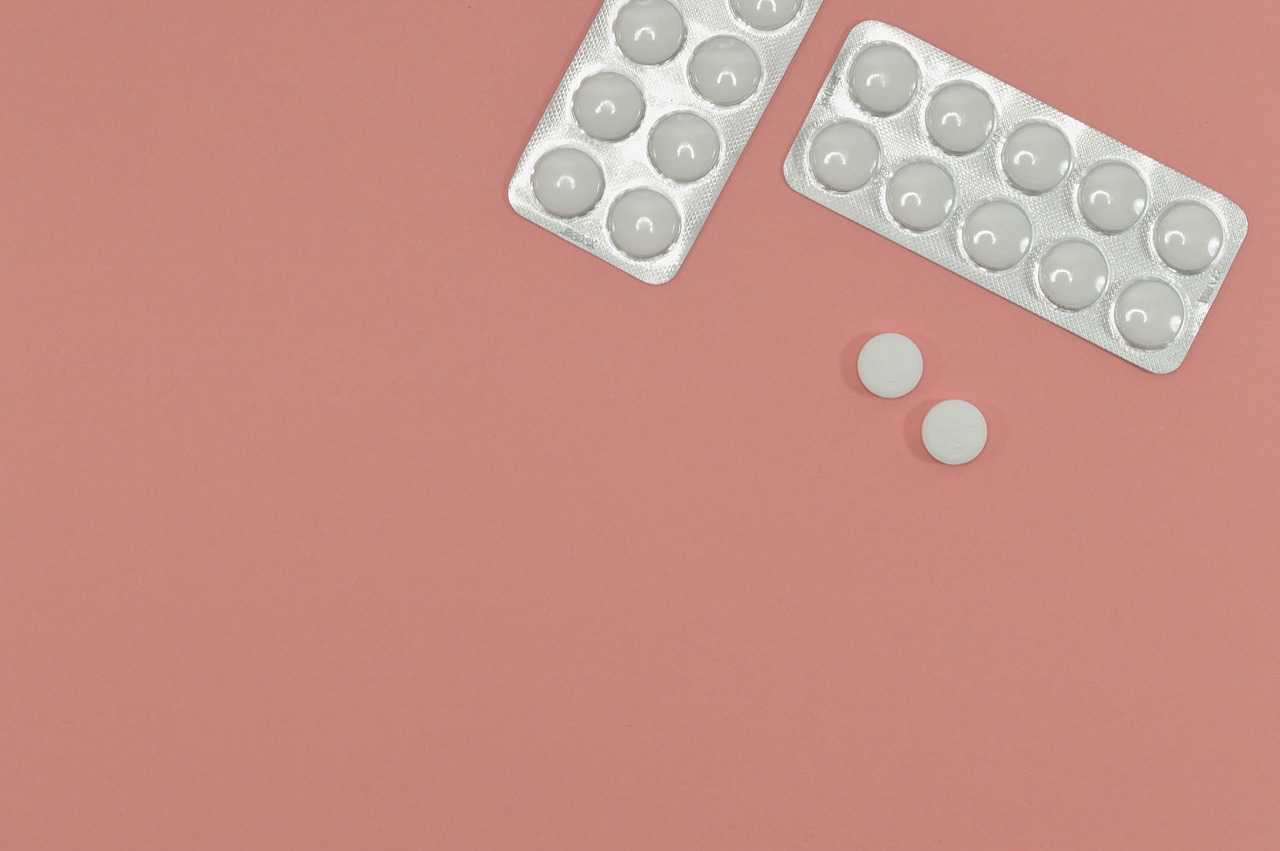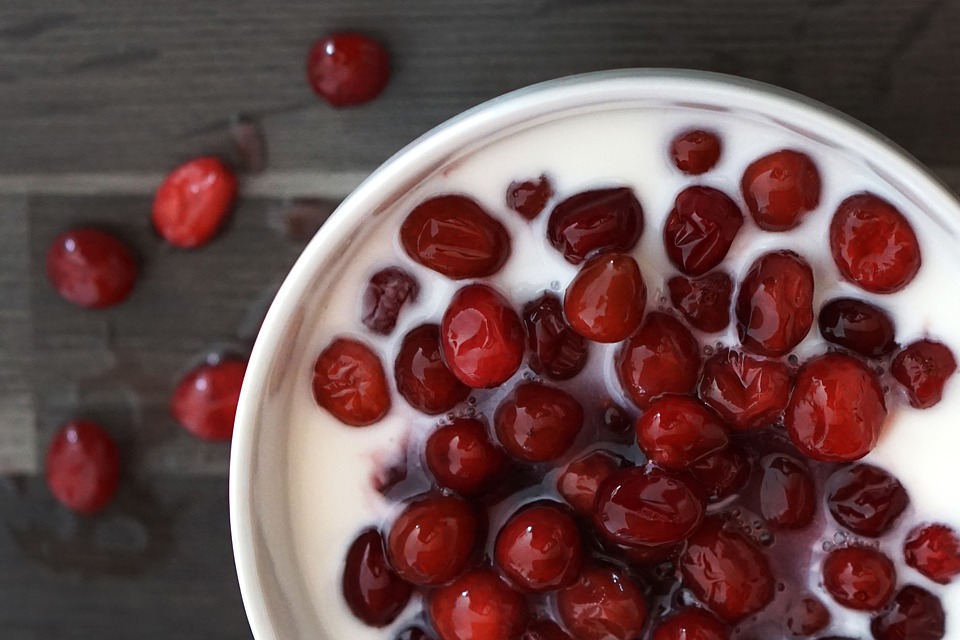The most anticipated holiday of the year is approaching, and we often don’t know what to give our family members or friends. Giving a tea blend as a gift could be an original and at the same time healthy idea.
This is a drink that, due to its theine content, exerts a stimulating effect on the central nervous system and, due to its high tannin content, helps fight the occurrence of tooth decay.
Several blends, suitable for all tastes, have been designed for the Christmas season. They range from black tea flavored with candied orange to blends of black tea with lemon peel enriched with cinnamon, or safflower petals. There are hundreds of varieties of tea. When consumed on a regular basis, some varieties protect our bodies from cardiovascular problems and the development of osteoporosis.
Comparing Cultures
Our culture certainly is some distance from regular tea consumption, as Italians much prefer a cup of coffee. In Japan, for example, it is a widely consumed beverage, so much so that a “tea ceremony” is held, through which the consumption of a cup of tea follows a specific code of behavior. Each utensil that is used for the preparation and consumption of the drink has a specific name, as does the room in which the ceremony takes place.
Preparation for the tea ceremony begins a few days earlier than the set date as invitations are made. Before entering the tea room, guests must wash their hands, and everyone has an assigned seat. The ceremony is divided into three moments: kaiseki (a light meal), koicha (thick tea) and usucha(light tea). The tea that is usually consumed is matcha tea, characterized by a jade green color, which is prepared by suspension.
Whatever one’s culture and approach to tea, it is certainly a very healthy beverage, of which, however, one should not overdo it, especially after meals, when the high tannin content can hinder proper iron absorption.




